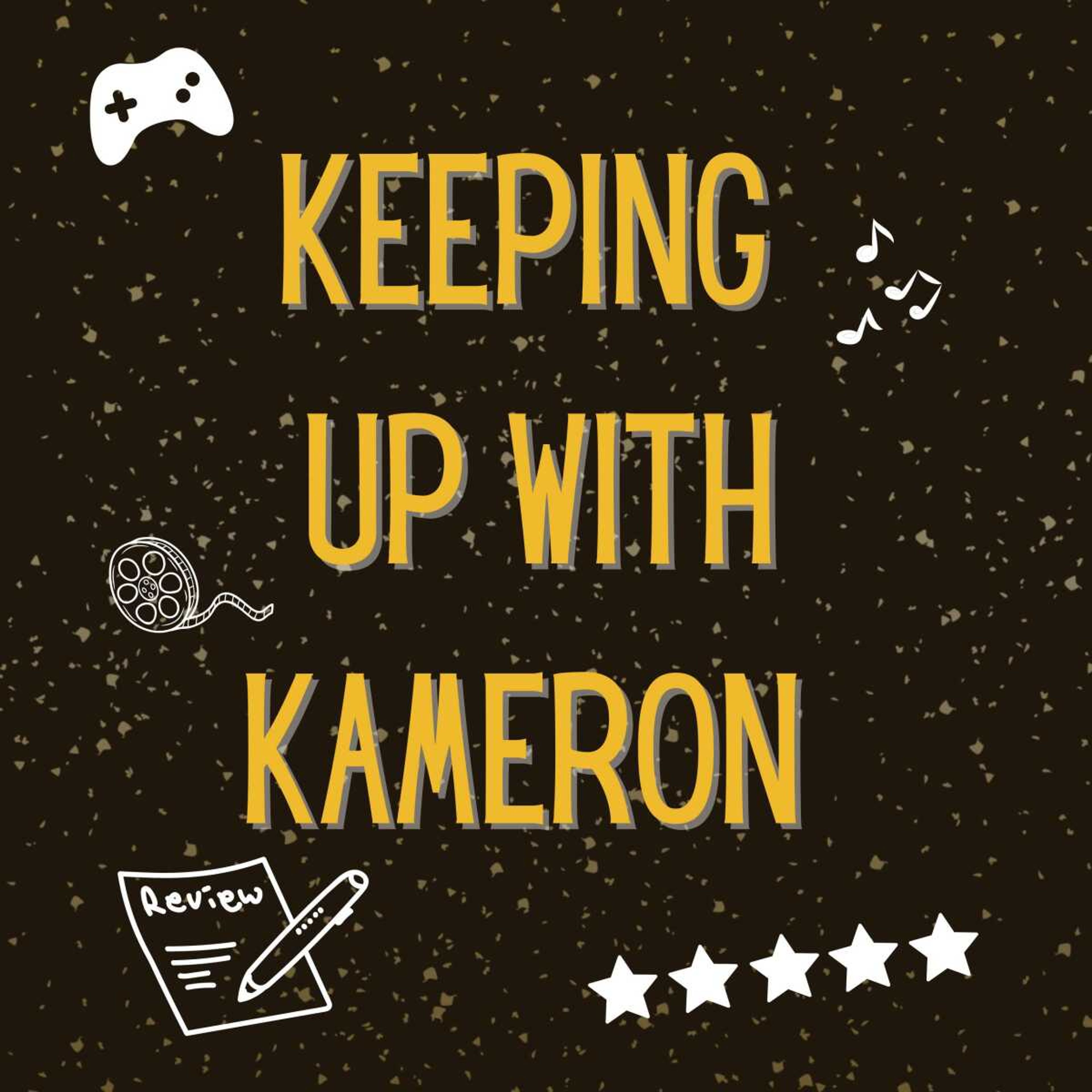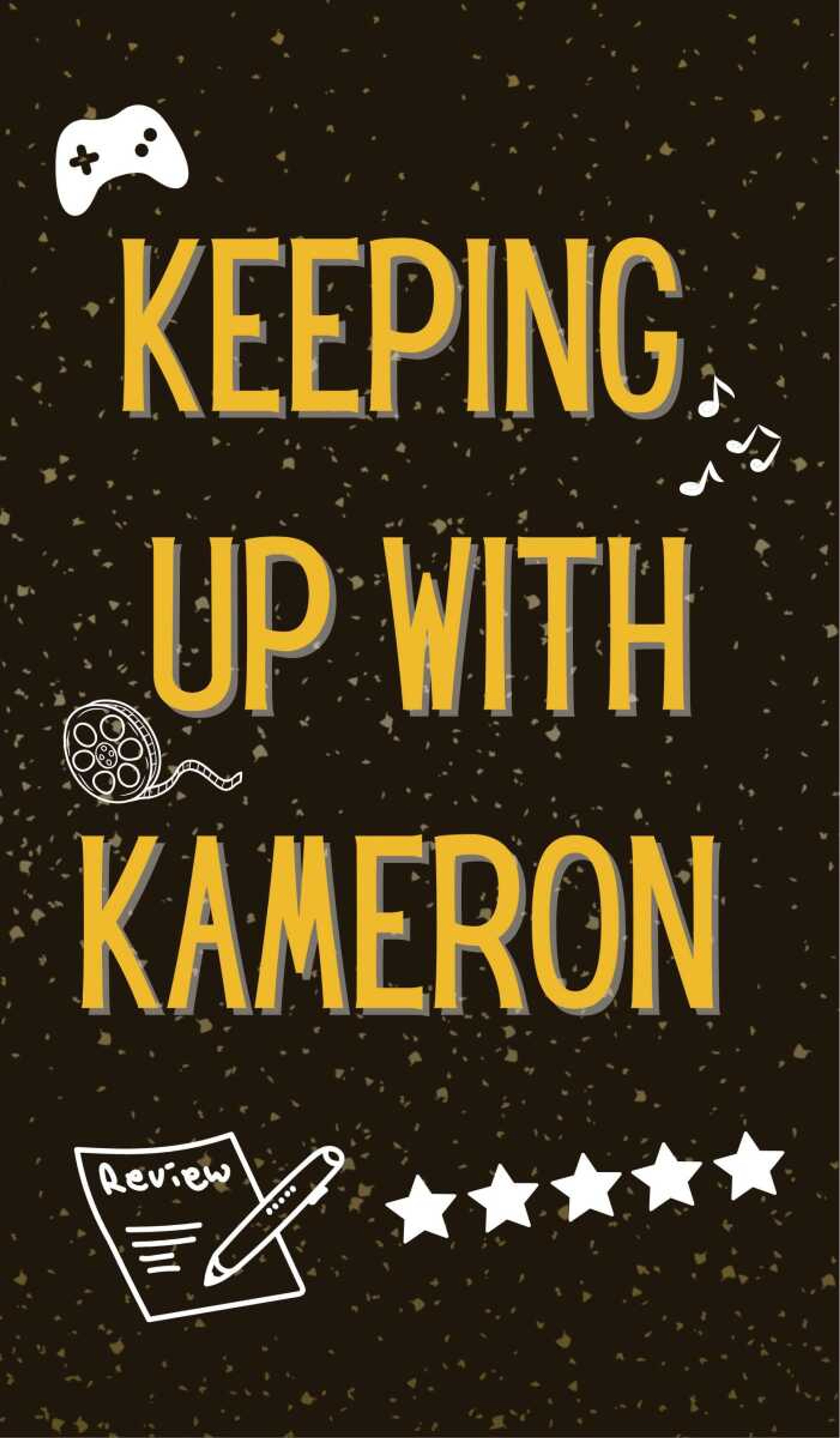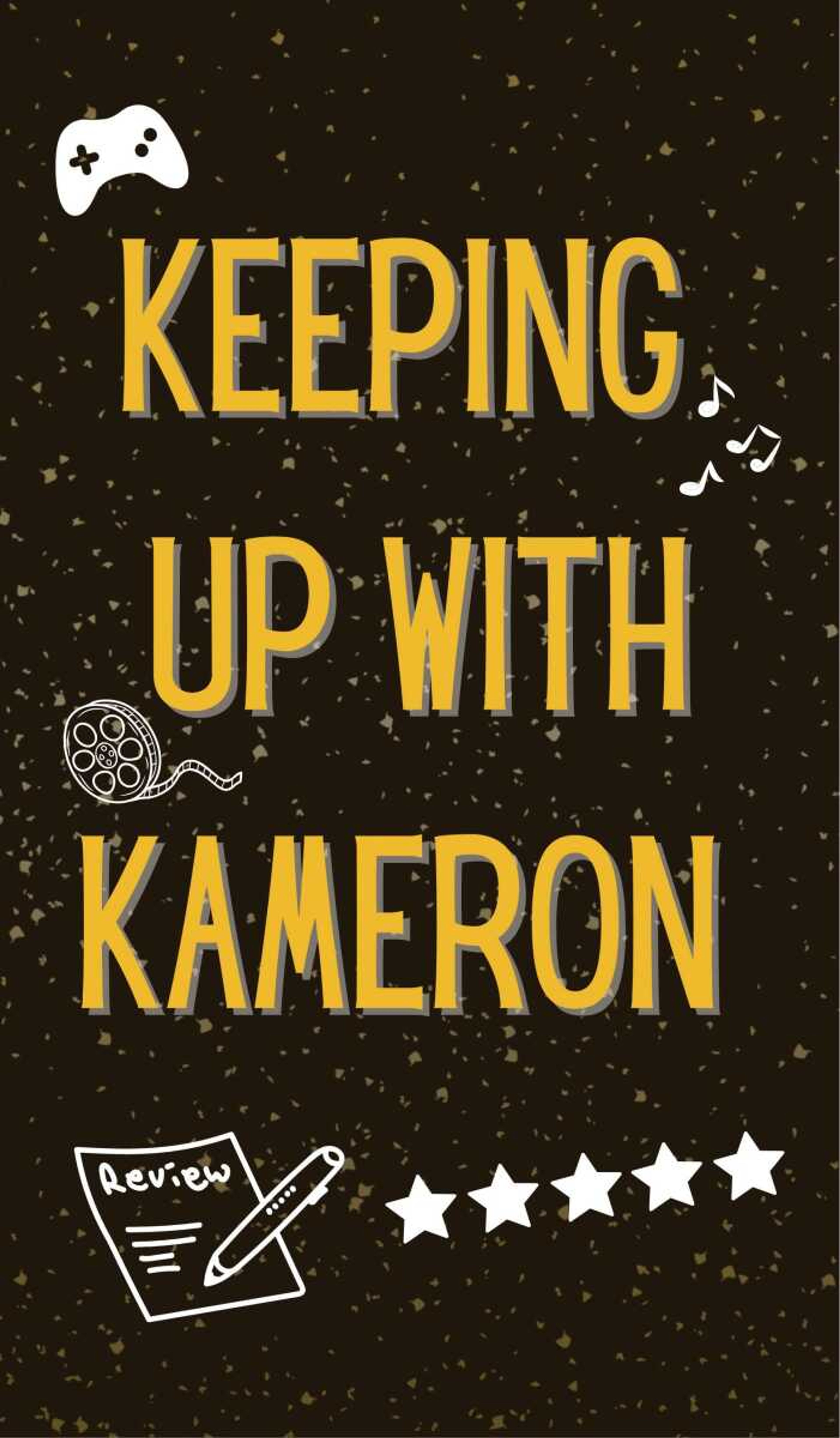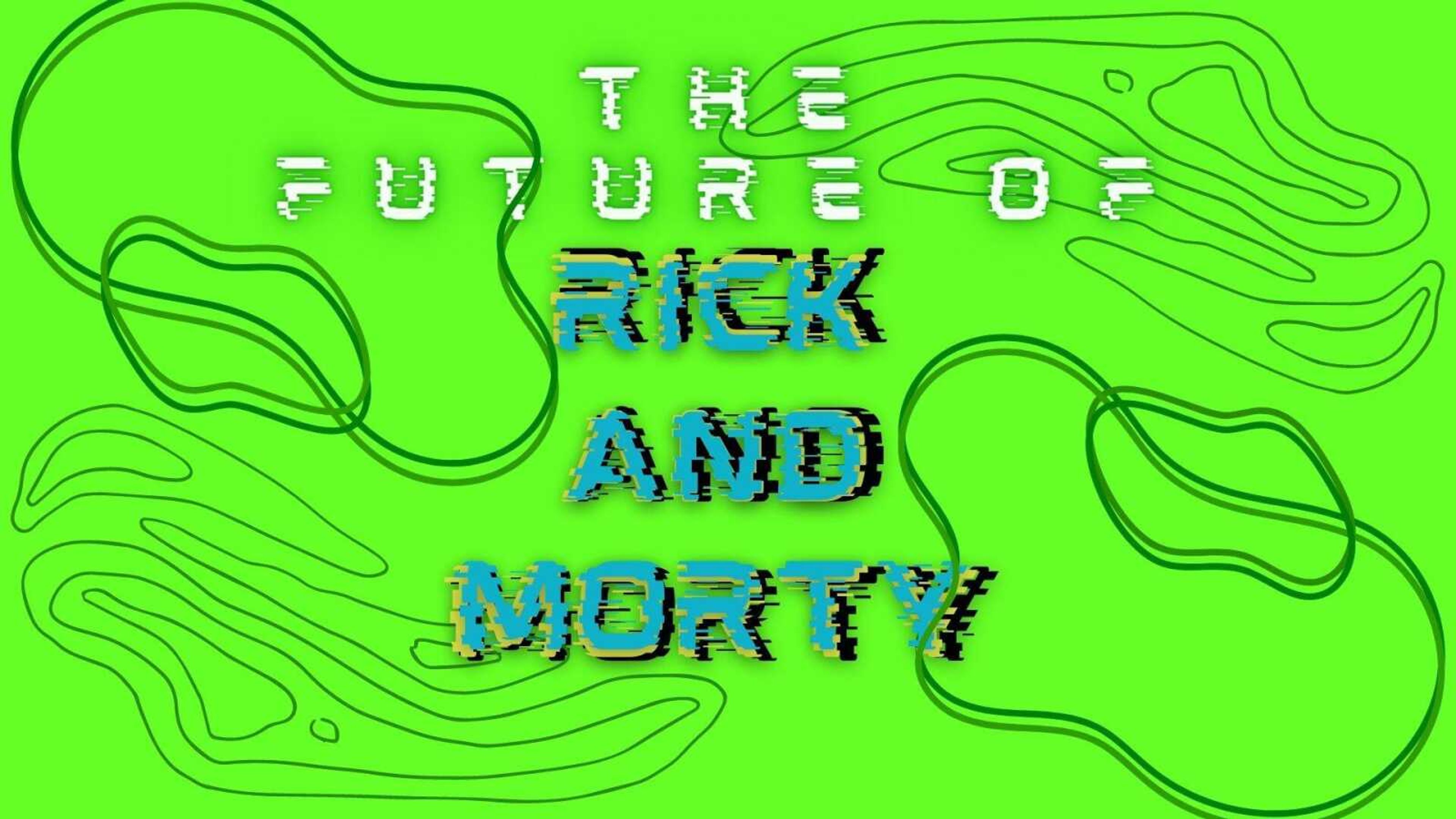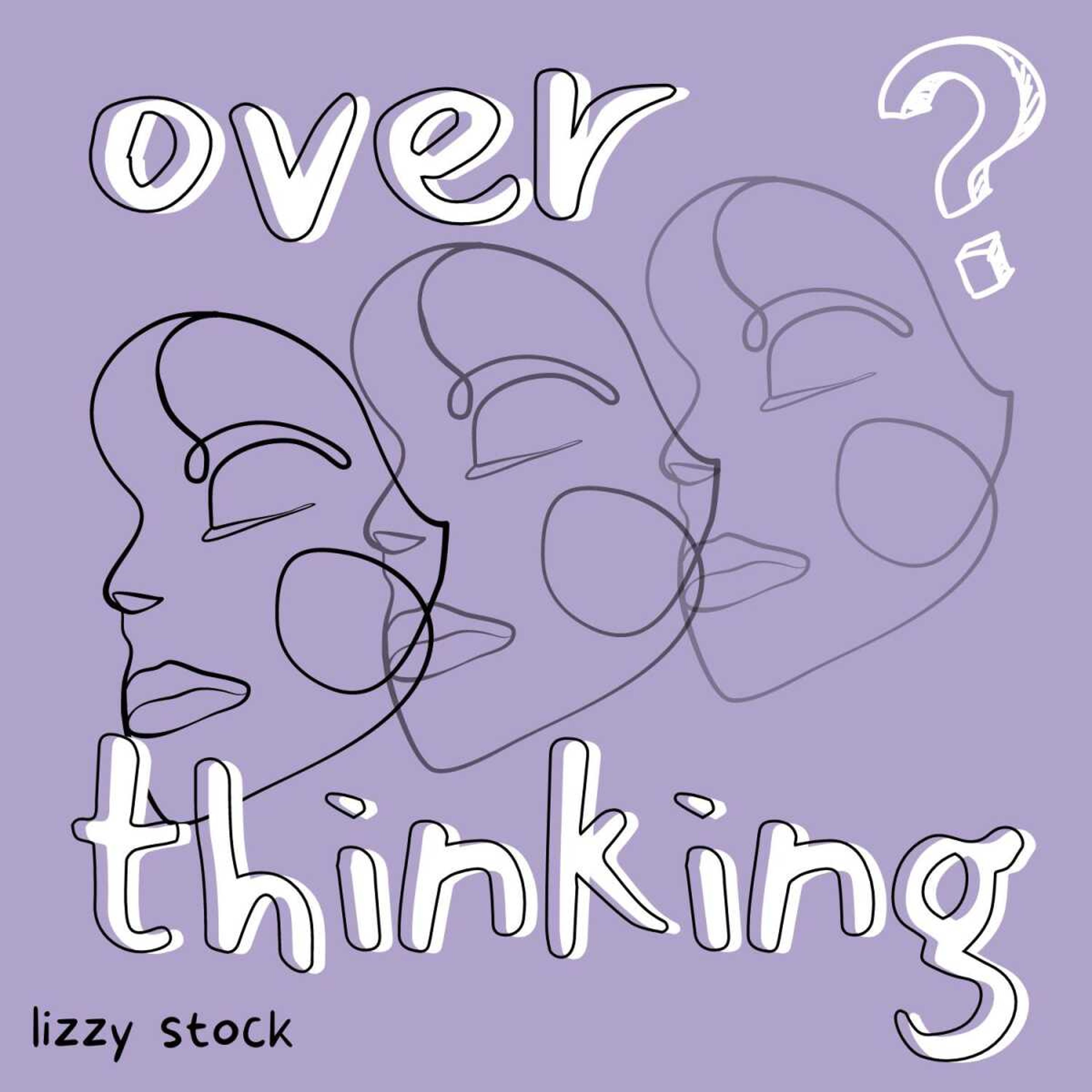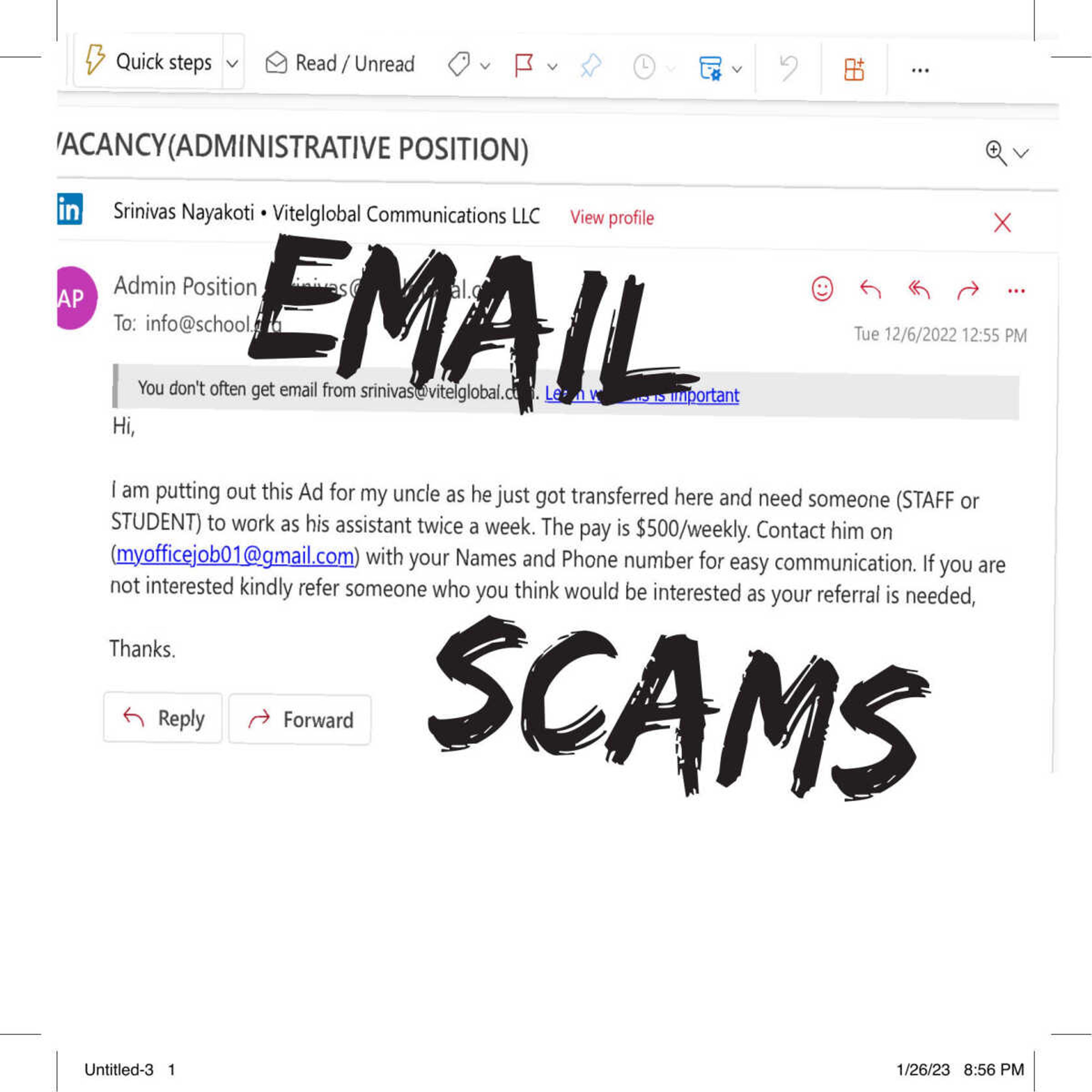Last week, an apparent overdose took the life of yet another beloved celebrity.
Mac Miller, a 26-year old white rapper, was found dead in his Los Angeles home Friday. Toxicology reports have not yet been released to the public.
Media outlets like the New Yorker and People are calling Miller’s death “tragic,” as if loss isn’t tragic by nature.
How many names can you list who’ve died of a drug overdose this year? This month? Even one is too many.
It’s human nature to find compassion for grieving family members and friends when someone dies. We all say the same things… “I’m sorry for your loss,” or “My thoughts and prayers are with you,” or “I’m here for you, just a phone call away.” The truth is that it’s so much easier to care about someone when it’s too late to help.
If you’ve ever known someone who struggles with addiction, you might know how hard it is to love a person through addiction. After a while, it can sometimes feel like the relationship you once had with that person is all about what you can give them. It’s a parasitic relationship, and your loved one has become a burden.
In these times, it’s easy to forget addiction is a disease.
(For reference, many health professionals and advocates for those dealing with addiction and recovery now use the term “substance use disorder” in place of “addiction” to emphasize the distinction of addiction as a disorder.)
Last spring, I worked with two colleagues on an investigative series about the opioid epidemic in Southeast Missouri, called The Impact Zone. We interviewed health professionals, members of law enforcement, first responders and people with substance use disorder to help illustrate how pervasive the epidemic is right under our noses. We were trying to bring awareness to the issue, but I’m not sure we will ever fully understand its impact on others.
It did change me. After talking to people whose lives had been broken and rebuilt by their journey with substance use disorder, I can say with certainty the way I understand addiction has been forever altered.
Alcoholism and nicotine addiction both left a footprint on my family tree, and my mom made sure to underscore the importance of avoiding substances like these during my formative years. I listened. Besides that, I don’t have an addictive personality, which greatly lessens my susceptibility to substance use disorder.
But it wasn’t until working on The Impact Zone that I realized my ability to stay sober is a form of privilege.
I’m sure many people might read those words and immediately discount them. Many friends I’ve known over the years believe addicts are actually just people who made the wrong set of choices and their dependence on drugs are a result of continuing “bad habits.”
But addiction is a disease of the brain: that’s not an opinion, it’s fact. If you disagree, I’d invite you to do your own research on addiction and how it takes hold of the brain. Some good resources for this are the National Institute on Drug Abuse, the Center on Addiction and the Center for Disease Control and Prevention.
If Mac Miller’s untimely death is the first encounter you’ve had with overdose, count yourself lucky. I would wager that couldn’t be further from the truth for most of us.
In our research for The Impact Zone, my colleagues and I found that in 2016, there were more than 63,000 drug overdose deaths in the United States. It is the leading cause of accidental deaths in the country.
You don’t have to look far to see someone struggling with substance use disorder. They are your friends, your colleagues, your health care professionals, your kids, and your neighbors.
Maybe you don’t know how to reach out and offer your help to those people, and that’s OK. After all, we seek medical advice from trusted professionals for a reason. It’s not your job to be a lifeline for someone else.
But you can offer your support by acknowledging addiction as a disease and legitimizing someone else’s pain. After all, understanding is the best gift we can give one another.
If you or someone you know is struggling with mental/substance use disorder, call the Substance Abuse and Mental Health Services Administration helpline telephone number: 1-800-662-HELP (4357).

